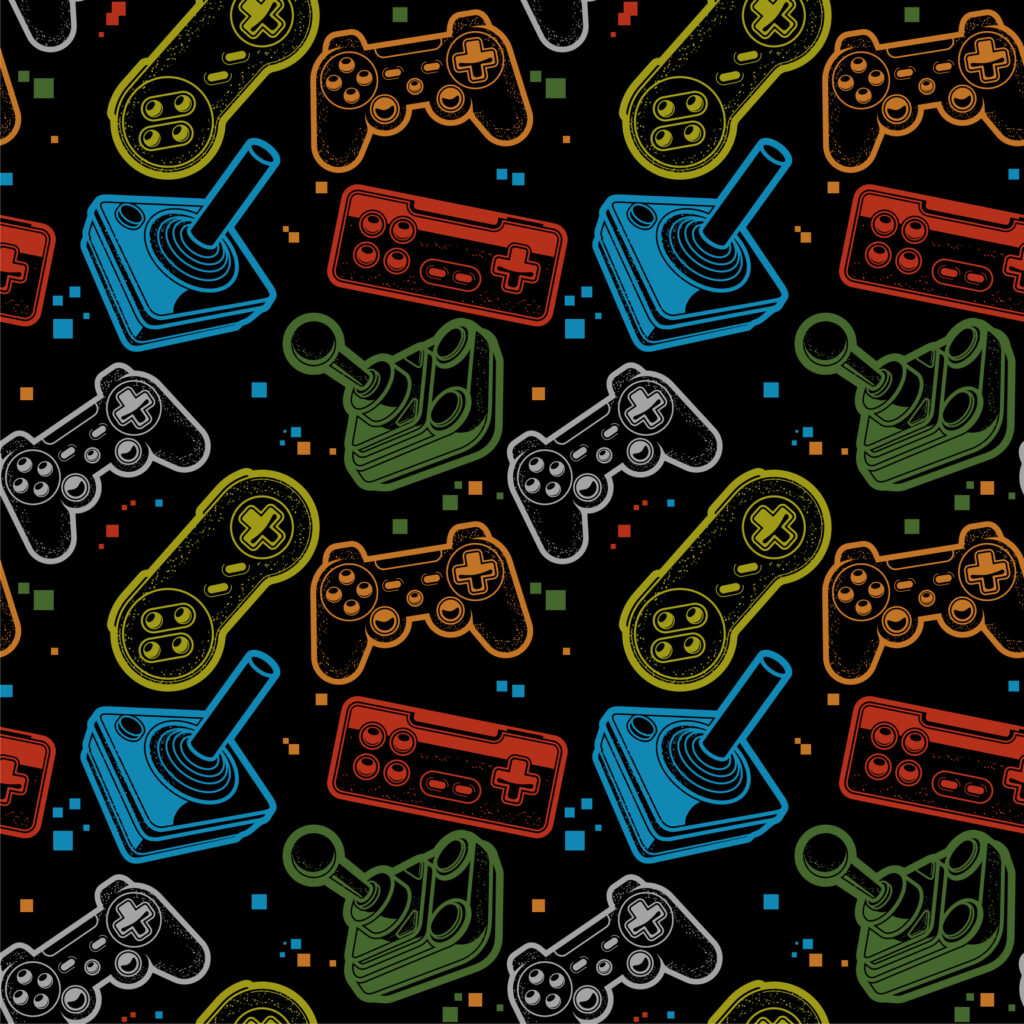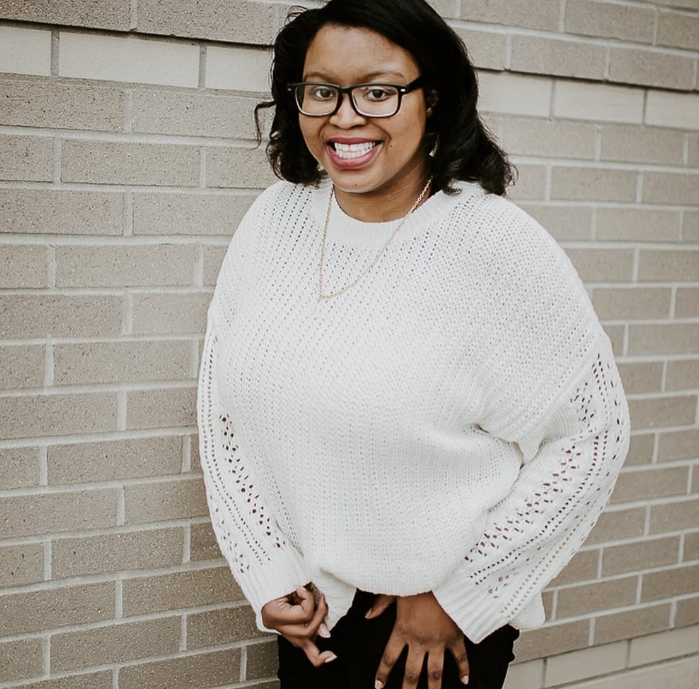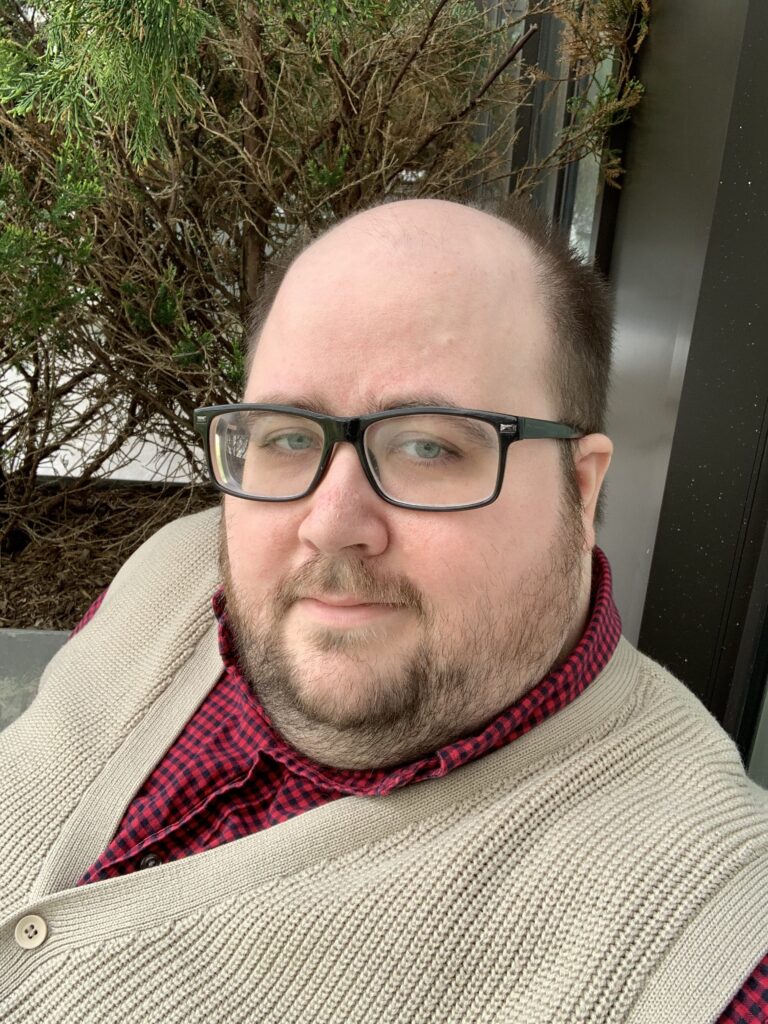
My Relationship With My Full-Time Nurse
Ben Trockman finds his independence while being cared for after a spinal cord injury
 It is 6:30 on a Monday morning. Your alarm clock beeps and buzzes, gently reminding you that you have to be at the office at 8 o’clock. You decide to roll over and hit the snooze button. After all, it only takes you 15 minutes in the shower, five minutes to get dressed, and you have become supremely efficient at demolishing that breakfast bar in the car while driving to work. Hello Monday.
It is 6:30 on a Monday morning. Your alarm clock beeps and buzzes, gently reminding you that you have to be at the office at 8 o’clock. You decide to roll over and hit the snooze button. After all, it only takes you 15 minutes in the shower, five minutes to get dressed, and you have become supremely efficient at demolishing that breakfast bar in the car while driving to work. Hello Monday.
Would it be weird if I said I was jealous of you? Here is my world:
It is 7 o’clock on Monday morning, and I am awoken by the friendly sound of my nurse’s voice saying “Good morning, Ben. What’s for breakfast?” I place my usual order and sit and listen to the bacon sizzle—that smell will wake anyone up. The clock hits 7:30 while my nurse is feeding me that delicious breakfast, and I hear the dog bark and the front door open; the sign that my CNA (Certified Nurses Assistant) has arrived.
After about an hour and a half of stretching, bathing, dressing and brushing my teeth, I am finally up in my chair and ready to head to work. Man, for my nurse and I it seems like we just ran a marathon. Yet we are only just making it out of the door at 9:45 and on the way to work. Hello Monday.
Since my spinal cord injury in 2006, the word “independent” would not be one that I can use to describe my everyday life. Just as I described above, I have to count on someone else, whether it be my family, friends or nurses, to do just about everything. This is not a complaint, but only a reality of my life. Which, if I say so myself, I have a pretty darn good life. Just different.
Handling life is already hard enough as a “normal” human being, but when you add the necessity of having a nurse with you at all times, things get tricky. I love my nurses to death, and all of them are like family to me, but as a young person I still have to set ground rules so that I can grow as a person—independently.
Although I am a quadriplegic, I do not breathe on my own, and I need people to help me with many tasks. That doesn’t mean that I do not need my space, and want to work on my own. For instance, when I arrive at my office at Old National Bank, I will have my nurse connect me to my computer—where I have voice recognition software installed—and will kindly ask her to exit the room.
I can then (without someone listening or looking over my shoulder) start answering emails, making phone calls, and even having meetings in my office—independently. Mind you, my nurse will not be too far away from my office, because I might need her to help with the computer if it freezes, give me a drink of water, or join me as we go downstairs for lunch.
I don’t want to diminish the great relationship that I have with my nurses because they are my friends. We act like friends, we talk like friends, and we care like family. But, at the end of the day, they are the ones who I am counting on, and who are enabling me to accomplish all that I can do. They truly are my heroes.
It’s tricky to juggle relationships with people who you count on so much while you are trying to grow as a person. Sometimes when attending meetings, or simply having a conversation with a coworker, I have to ask my nurses to leave the room. I am a 26-year-old man “trying” to become a professional, and sometimes it is tough when you have a nurse around you at all times, but they understand.
I try to be the best and kindest person that I can be, at all times. For every time that I “instruct” one of my family members, nurses or friends to do something for me, I try to respond with twice as much gratitude. In all honesty, I would not be anywhere close to where I am today—a college graduate and a newly hired associate—without the help of these fantastic people.
At the age of 17, when I suffered my injury, the thought of having someone simply scratch your nose for me would have never crossed my mind, but that is now a reality. My parents, my family, my friends in my nurses are now my complete support system. To them, I must say “thank you.”


 By Mids Meinberg
By Mids Meinberg Online spaces benefit from being very accessible. Computer technology has reached the point where almost everyone can use the internet, so long as they have the right accessibility tools available. The ability to access the internet from home is great for people with mobility disabilities and those that cannot otherwise get to places. The emphasis on just words, rather than words and non-verbal communication, (except in easily parsable emojis) also makes text communication much easier for many neurodivergent people. The ability of multiple people to write at once and have a legible conversation helps a lot with me, as otherwise my social anxiety makes it difficult to know when it’s okay for me to talk.
Online spaces benefit from being very accessible. Computer technology has reached the point where almost everyone can use the internet, so long as they have the right accessibility tools available. The ability to access the internet from home is great for people with mobility disabilities and those that cannot otherwise get to places. The emphasis on just words, rather than words and non-verbal communication, (except in easily parsable emojis) also makes text communication much easier for many neurodivergent people. The ability of multiple people to write at once and have a legible conversation helps a lot with me, as otherwise my social anxiety makes it difficult to know when it’s okay for me to talk.
 By Mids Meinberg
By Mids Meinberg


Connect with us on social media